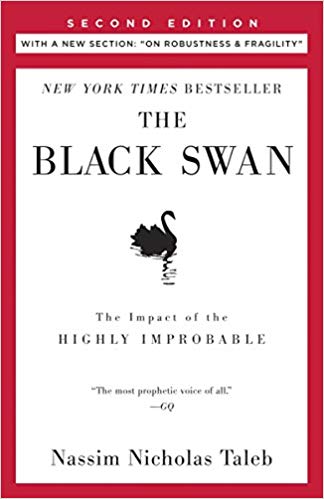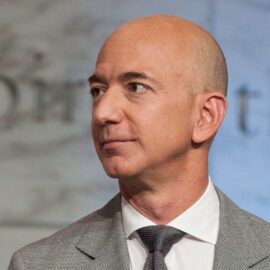

This article is an excerpt from the Shortform summary of "The Black Swan" by Nassim Taleb. Shortform has the world's best summaries of books you should be reading.
Like this article? Sign up for a free trial here .
What is rational choice theory? What is a good rational choice theory example?
Rational choice theory is an economic theory that holds that, when faced with an economic decision, individuals will choose the option that gives them the greatest economic benefit. There are many critics of rational choice theory–after all, individuals aren’t always rational.
We’ll cover a rational choice theory example and explore the above rational choice theory definition further.
Rational Choice Theory Example
Most economists today subscribe to some version of rational choice theory, which holds that individuals (or “agents”), when faced with an economic choice, will choose the option that maximizes their economic benefit. (A basic illustration: If an economic agent has a choice between an investment that returns $2 and one that returns $5, the agent will always choose the one that returns $5.) The assumption that agents will always act rationally when it comes to economic choices allows economists to create models and propose predictions for future economic behavior.
The problem with rational choice theory, however, is that it’s demonstrably false: Empirical psychologists have shown that, in all sorts of economic situations, given various factors, individuals will act contradictorily and irrationally—they make the “wrong” choice.
The upshot is that there is no such thing as a “general theory” of the economy, thus economic prediction is impossible.
Hayek’s Libertarianism
One of very few esteemed economists (he won a Nobel in 1974) to understand the futility of prediction, Fredrich Hayek spent much of his career railing against the main feature of socialism, central planning.
In a classical socialist society, all economic decisions—allocation of resources, setting of prices, etc.—are made by a single entity. Hayek believed that a dynamical system like the economy was simply too complex for a single entity to master. This is opposed to rational choice theory.
Hayek attributed notions of central planning to misguided “experts” (nerds, in Taleb’s terminology) who applied the methods of the physical sciences to social matters. Hayek recognized a stark distinction between soft sciences like economics and hard sciences like physics.
Hayek’s skepticism regarding any entity’s ability to predict the functioning of the economy led him to advocate for an “a-Platonic” approach, one that is open-minded and proceeds from the bottom up rather than the top down. He argued that a libertarian system, wherein individuals are able to pursue their self-interest with a minimum of direction from above, is the best way to manage uncertainty. In a system like this, he believed, the system itself would react accordingly to any unexpected changes in, say, the food or credit supply.
Hayek’s anti-Platonifying approach to economics also puts his thought at odds with rational choice theory.
Epistemic arrogance, the pretensions of “experts,” our ever-increasing access to information—all belie an incontrovertible fact: In many, perhaps even most, areas of our lives, prediction is simply impossible. Rational choice theory doesn’t take this into account.
Take discoveries, for example. At any given moment, there are scores of scientists, scholars, researchers, and inventors around the world working diligently to better our lives and increase our knowledge. But what often goes unremarked is that the discoveries with the most profound impact on our lives are inadvertent—random—rather than the reward for careful and painstaking work. The world isn’t rational, and humans often behave irrationally, too. This indicates that rational choice theory may not apply to every situation.
———End of Preview———

Like what you just read? Read the rest of the world's best summary of "Black Swan" at Shortform . Learn the book's critical concepts in 20 minutes or less .
Here's what you'll find in our full Black Swan summary :
- Why world-changing events are unpredictable, and how to deal with them
- Why you can't trust experts, especially the confident ones
- The best investment strategy to take advantage of black swants






